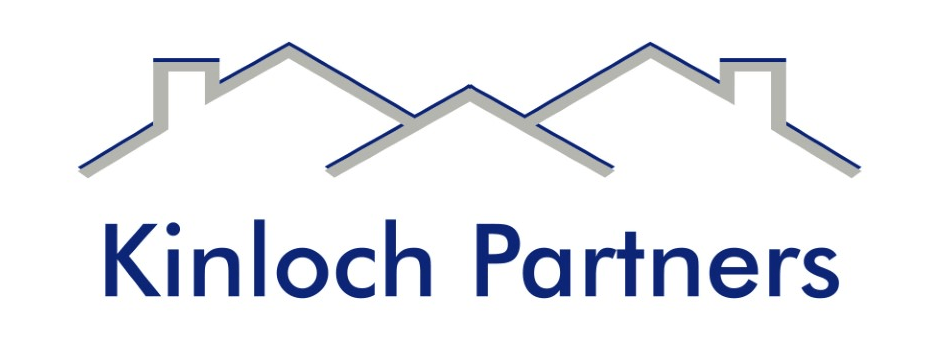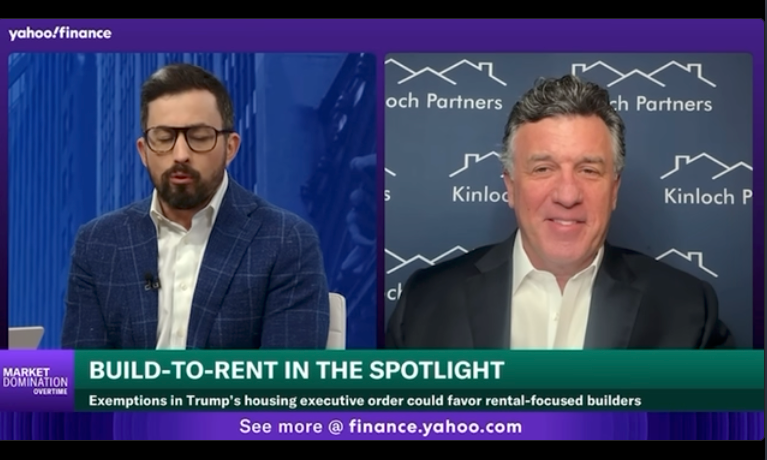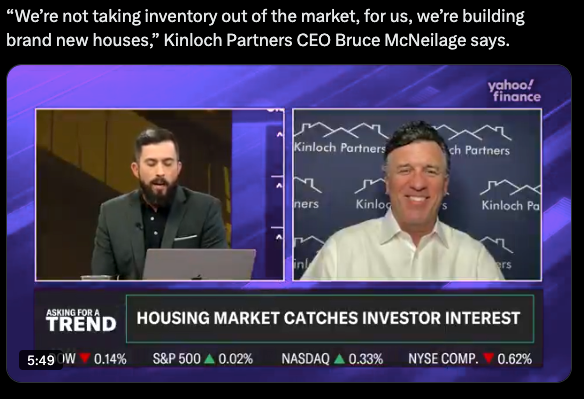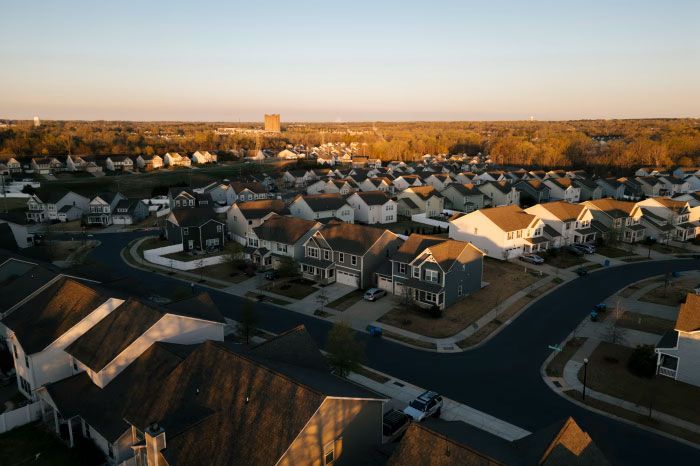From tough sells to rising stars
 Smart buyers find instant equity in soon-to-be-hot neighborhoods
Smart buyers find instant equity in soon-to-be-hot neighborhoods
Friday, April 14, 2017, Vol. 41, No. 15 By Bill Lewis
Racquel Martin has lived in her newly built East Nashville condo for just a few weeks and has no plans to sell it any time soon. But if she did, she could make a tidy profit.
That’s how red hot the real estate market is in the city and the counties around it.
“When I got the appraisal, my eyes were out of my head,” says Martin, who closed on her condo in the Solo East development last month.
Solo East, located at 1118 Litton Ave., is along an emerging stretch of Gallatin Road. Nearby in South Inglewood, the 17-townhome Chester development is going up on Chester Avenue. Bailey, a development of 16 townhomes and condos, is under construction on West Eastland Avenue.
They are examples of thousands of new residences being built in once-overlooked neighborhoods across Nashville.
“I see communities that were once down becoming hot,” says Bruce McNeilage, a partner in Harpeth Development, the company that developed Solo East.
For some, it’s a matter of affordability. Homes can be cheaper in redeveloping neighborhoods. There’s also the choice of lifestyles. Growing numbers of downsizers moving from the suburbs and millennials moving to the city or remaining after graduating from college want to be close to the urban core.
They have their choice of neighborhoods including Tech Hill, located close to Trevecca Nazarene University and the Fairgrounds, where the city has proposed building a Major League Soccer stadium, Wedgewood-Houston, a maker community with hundreds of new residences and manufacturers including Corsair Distillery, and Germantown, where the new Nashville Sounds baseball stadium is located.
Opposite Germantown on the east bank of the Cumberland River, the planned River North project will bring new residential and commercial development to a 105-acre site near where Jefferson Street becomes Spring Street. The Topgolf sports entertainment complex is rising nearby.
On Tech Hill – given that name because of the growing number of technology businesses along Nolensville Pike – Core Development is building Alloy condominiums. Half of the units are priced under $200,000. The community’s features include a Bongo Java Roasting Co. coffee shop.
The nearby Brown’s Creek Greenway offers walking and biking connections to the Melrose neighborhood, the 440 Greenway and eventually to a 25-mile loop of greenways around the city.
City Lights, a boutique development of 71 luxury condos with prices ranging from the $500,000s to more than $3 million, is underway on Rutledge Hill, south of downtown close to Ascend Amphitheater.

One of the floor models at Solo East shows off the open concept kitchen and living room.
— Michelle Morrow | The Ledger
In the Nations, a Charlotte Pike neighborhood once known for its location next to Tennessee’s historic state prison, homes priced from $350,000 to $400,000 are now ordinary.
Developers are planning more than 1,000 residences in the Nations over the next two years.
“Already permitted,” says Michael Kenner, CEO of MiKen Development.
“When I started in the Nations in 2013, people told me I was crazy,” adds Kenner, whose Treaty Oaks development in the neighborhood will have 60 single-family homes ranging from just over 1,000 square feet to 1,575 square feet. Prices start at $259,000.
Nashville’s new urban residents are looking for convenience, Kenner points out.
“Millennials and empty nesters want everything at their fingertips. Everything’s on an app. They want everything at their front door,” he says.
Greenway living
On the city’s east side, Sharon and Bob Perry purchased a home built by Regent Homes in the rapidly redeveloping Rosebank neighborhood and made plans to move from Franklin. Nearby, Core is at work on Joule, a development of 30 cottage homes on 3.5 acres close to the Shelby Bottoms Greenway.
Aerial Development Group is developing East Greenway Park in Rosebank with direct access to the greenway. The neighborhood is designed to encourage outdoor activities.
“The historic Cornelia Fort Airpark is now a city park. The greenways are just fantastic,” says David McGowan, Regent Homes president.
The upside of growth is that Nashville’s older neighborhoods are seeing new investment, he says. But there is a darker undercurrent.
“One thing people don’t realize is there is a shortage of housing stock in Nashville. Fewer homes were built in 2016 than in 2015. There are 100 people a day moving to Nashville. Where are they supposed to find houses?” McGowan asks.
Demand is high, but there are fewer homes listed for sale across the region than there were last year. There were 7,276 homes listed for sale last month. In March 2016 there were 7,926.
Predictably, prices are heading in the opposite direction. The median price of a house in the region was $273,500 in March. A year ago, it was $245,000, Greater Nashville Realtors statistics show.
The competition for homes can be brutal. Realtor Bruce Jones recently advised a client to include an escalator clause in the offer. Whatever someone else offered, his client agreed to pay more for the property, a tear-down in Green Hills.
“We still lost out,” says Jones, broker for Re/Max Fine Homes in Brentwood.
Everyone else had the same idea. The seller received eight offers with escalator clauses. Four were for cash.
“That’s aggressive,” adds Jones, who in addition to being a Realtor is building $1 million-plus homes in Green Hills on Belmont Park Terrace and Castleman and Overhill drives.
“We built some across the street last year and they sold in five days,” he explains.
For Racquel Martin, rising prices meant her Solo East condo was worth more on the day she moved in than she paid for it.
She signed the contract to buy her two-bedroom residence in August 2015, before the 130 condos at Solo East were built, after her mother spotted the development on Facebook.
At that time, the introductory price of a condo similar to Martin’s was in the mid-$200,000s, reflecting the commitment of McNeilage and Harpeth Development to bring affordable, workforce housing to the city.
Less than two years later, the price of Solo East’s one and two-bedroom units has risen substantially, McNeilage says.
“The blessing is, (early buyers) got in cheap because they are now $50,000 to $60,000 more,” he says.
“Nashville is the hottest city in the world. That’s good if you own a home, but if I’m not on the ownership train” it can be difficult to buy a first home, McNeilage adds.
He’s hoping to do something about that with his next project, Solo Lofts, a development of 110 condos planned for a redeveloping stretch of Dickerson Road about a mile from downtown. Prices will start at $199,000 for a one-bedroom unit and $299,000 for a two-bedroom condo.
McNeilage says he is endeavoring to keep a promise to Mayor Megan Barry to bring more workforce housing to the city. Solo Lofts will include 16 condos with a price of $99,000.
His goal, notes McNeilage, is to help more people “achieve the American Dream” of home ownership.

